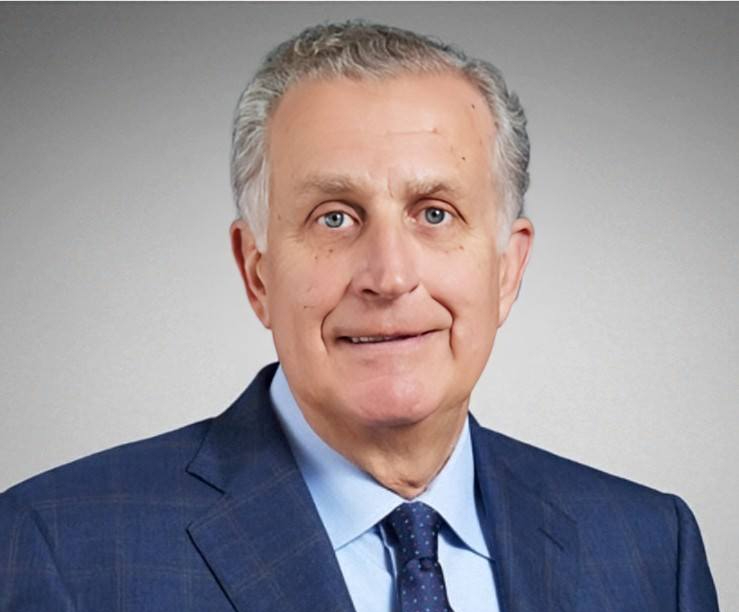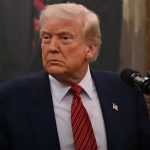Paul Tagliabue: Remembering the Commissioner Who Rebuilt the NFL
Paul Tagliabue, the former NFL Commissioner who led the league through one of its most transformative financial and cultural eras, has died at age 84. His passing has prompted reflection across the sports, business, and media worlds, not only because of his role in shaping modern American football, but because of the quiet, strategic leadership style that defined his legacy.
Early Life and Rise to Leadership
Born in New Jersey in 1940, Paul Tagliabue was a standout student, athlete, and later a Rhodes Scholar finalist before earning his law degree. Before entering sports administration, he worked as a lawyer in Washington, D.C., specializing in major litigation and public policy. His legal training would become the backbone of his approach to governing the NFL.
Tagliabue joined the league as outside counsel, advising owners on broadcasting, labor negotiations, and antitrust issues. By 1989, when he succeeded Pete Rozelle as commissioner, the NFL needed a stabilizing hand. Television ratings were inconsistent, labor tensions were rising, and the league’s national image had become increasingly unpredictable.
Yet Tagliabue was not a showman. He was a strategist.
Expanding the NFL into a National Powerhouse
During his 17-year tenure from 1989 to 2006, league revenue surged from under $1 billion to more than $6 billion annually. Franchise valuations climbed dramatically, and new markets opened. Tagliabue oversaw the expansion to 32 teams, including the establishment of the Carolina Panthers, Jacksonville Jaguars, and the reinstatement of the Cleveland Browns.
He also recognized early that football was not just entertainment, it was live entertainment, the most valuable commodity in broadcasting. Tagliabue negotiated media deals that set the foundation for today’s multi-billion dollar TV and streaming agreements. The current generation of broadcast contracts, worth well over $100 billion in total, is built on frameworks he designed.
Navigating Labor, Culture, and Crisis
Tagliabue’s legal background shaped his firm yet diplomatic approach to labor negotiations. He helped manage disputes with the NFL Players Association at crucial moments when strikes or lockouts could have damaged public trust and revenue.
His leadership was also defined by his response to national crises. Following the September 11 attacks, Tagliabue postponed NFL games, a decision remembered as culturally respectful and emotionally measured. It reflected an understanding that the league’s emotional place in American life mattered as much as its financial interests.
Growing Stadiums and Local Economies
Under Tagliabue, more than 20 NFL stadiums were built or modernized. These venues did more than give fans updated seats — they reshaped entire city districts. Entertainment zones, hotels, restaurants, transportation upgrades, and commercial development often followed.
According to analysis reviewed by CEO Today, these public-private stadium projects helped spark one of the largest periods of NFL franchise valuation growth in history, laying the groundwork for today’s average team valuation of more than $5 billion.
Sports economist Victor Matheson noted:
“The NFL’s stadium model became the blueprint for modern American sports development. Tagliabue was one of the first leaders to understand stadiums as economic engines.”
His Leadership Legacy
When Tagliabue retired in 2006, he left behind a league that was significantly stronger — commercially, culturally, and structurally than the one he inherited. He avoided the spotlight throughout retirement, serving as an adviser to universities and public policy organizations.
His passing has prompted tributes from players, owners, and executives, who credit him for building stability and long-term value.
A Lasting Impact
The NFL of today, a global entertainment brand spanning continents, streaming platforms, economic zones, and cultural arenas rests in part on foundations Paul Tagliabue laid. He was a commissioner who believed that growth should be steady, strategic, and sustainable.
His legacy is measured not by headlines, but by the system he strengthened — one still growing long after his tenure ended.














